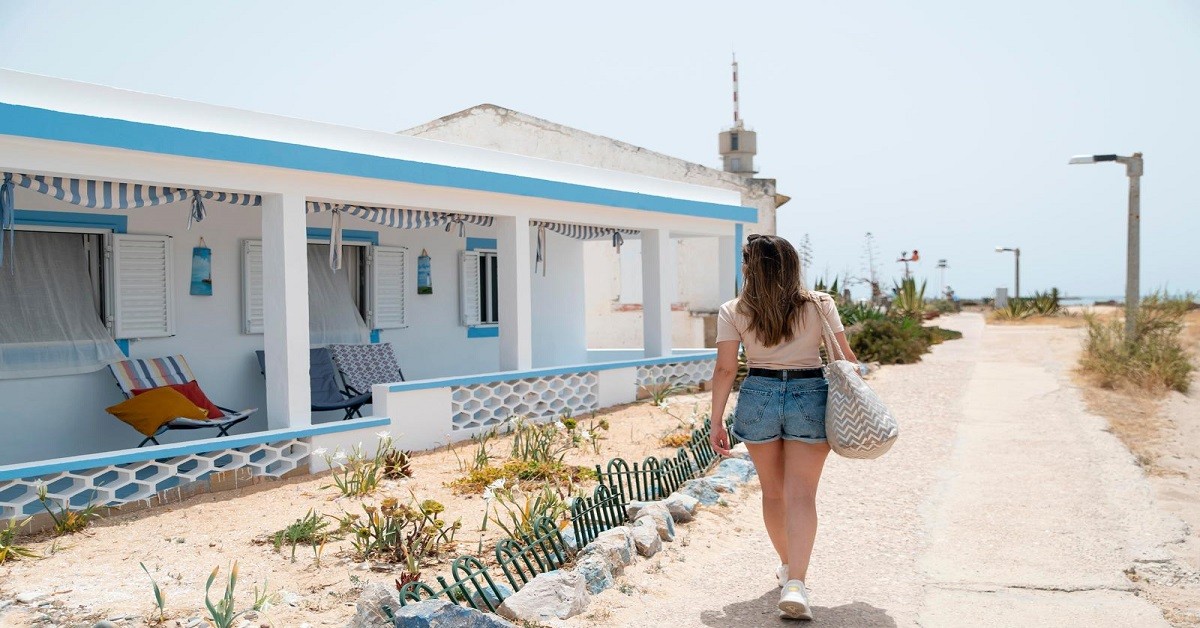
The changes in the rules for Short-Term Rental (STR) are transforming the STR market in Portugal and bringing good news to investors in luxury properties in the regions of Algarve, Porto, and Northern Portugal.
At LUXIMOS Christie's International Real Estate, we explain to you the new investment possibilities in short-term rentals that arise with the repeal of some restrictions from the "Mais Habitação" program. We present to you the main changes introduced by Decree-Law No. 76/2024, published on October 23, 2024, and how these new rules can benefit real estate investors, providing them with greater flexibility to maximize their investments.
1. Greater Autonomy for Municipalities
Starting in November, municipalities gain more power to regulate Short-Term Rental in their areas. This means that, depending on housing and environmental pressure, each municipality will be able to create specific regulations to control the activity of short-term rentals. Municipalities with more than 1,000 registered STR will have up to a year to decide whether to create these regulations. This movement may result in containment areas in some zones, but it could also foster sustainable growth in other areas with higher demand and growth potential.
2. Newly Transmissible STR Licenses
One of the most anticipated changes by investors is the repeal of the rule that prevented the transfer of short-term rental licenses. Now, licenses can be transferred, both to individual investors and to companies, which can make the market more dynamic and facilitate the buying and selling of properties with already active STR licenses.
3. Elimination of License Expiration
Previously, short-term rental licenses had an expiration date and required periodic renewal. With the new rules, licenses no longer expire, which brings greater stability and legal security for investors. This means that, once the license is obtained, the property can operate indefinitely as Short-Term Rental, without the need for renewal or revalidation.
4. Simplification of the Licensing Process
The prior communication to the City Council to open a Short-Term Rental has become simpler. The exemption from certain documents and the reduction of response times from the City Council facilitate the entry of new investors into the market. Moreover, with the exemption from condominium authorization in many cases, the installation of Short-Term Rentals in residential buildings becomes more accessible.
5. Creation of Containment Areas and Sustainable Growth
Although there are restrictions, such as the limitation of new licenses in containment areas, investors can look for areas of sustainable growth, where STR activity can be encouraged with specific rules, such as the requirement for properties in good conservation condition or with energy efficiency above D. These zones can represent good investment opportunities, with less competition and in growing markets.
With these changes, the Short-Term Rental market in the Algarve, Porto, and Northern Portugal presents new prospects for investors. The short-term rental market thus becomes more flexible and with less bureaucracy, while new areas of sustainable growth may emerge as exclusive destinations, offering profitability and property appreciation.
For real estate investors, these changes create a more attractive and promising scenario, especially in growing and less saturated regions. The new rules represent a unique opportunity to enter or expand in the Short-Term Rental market in Portugal, with more legal security and earning potential.
If this is the moment for you to seize the new opportunities arising from changes in Short-Term Rental legislation, contact LUXIMOS Christie's International Real Estate to introduce you to the most strategic and promising regions in Portugal for investment.